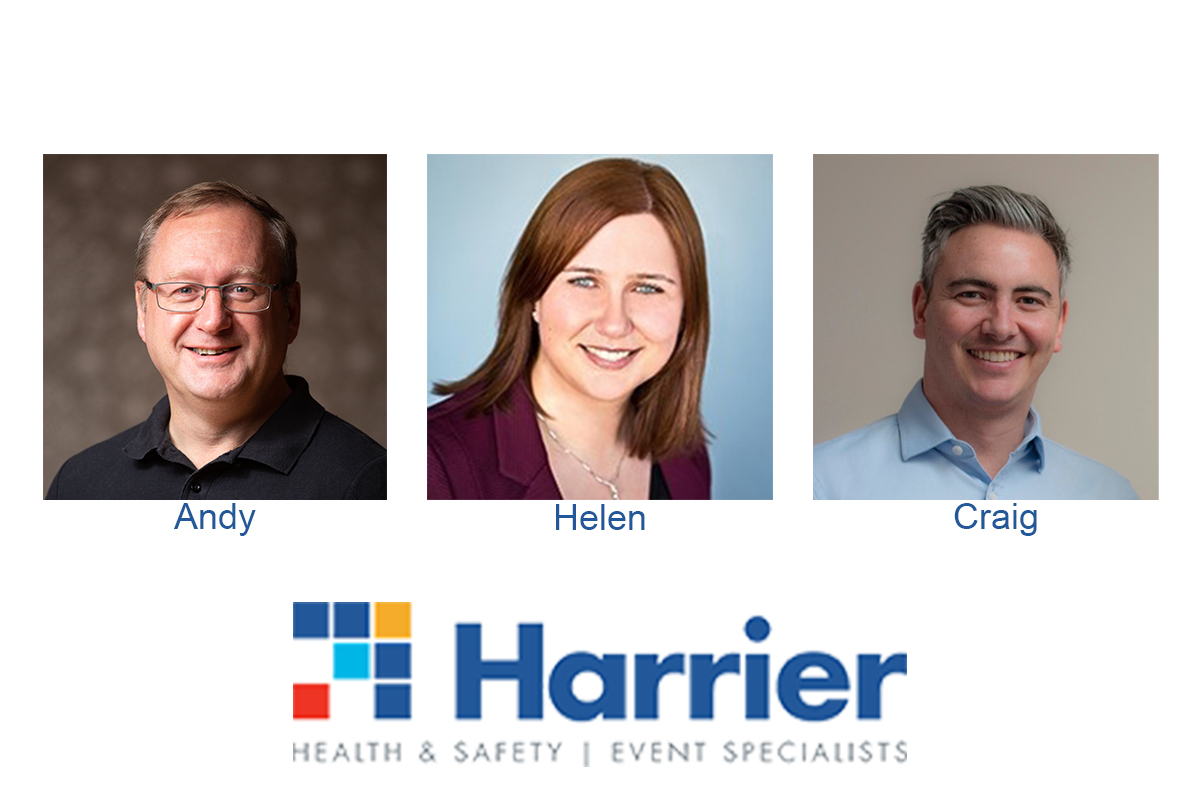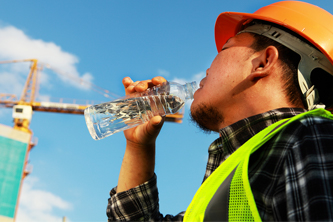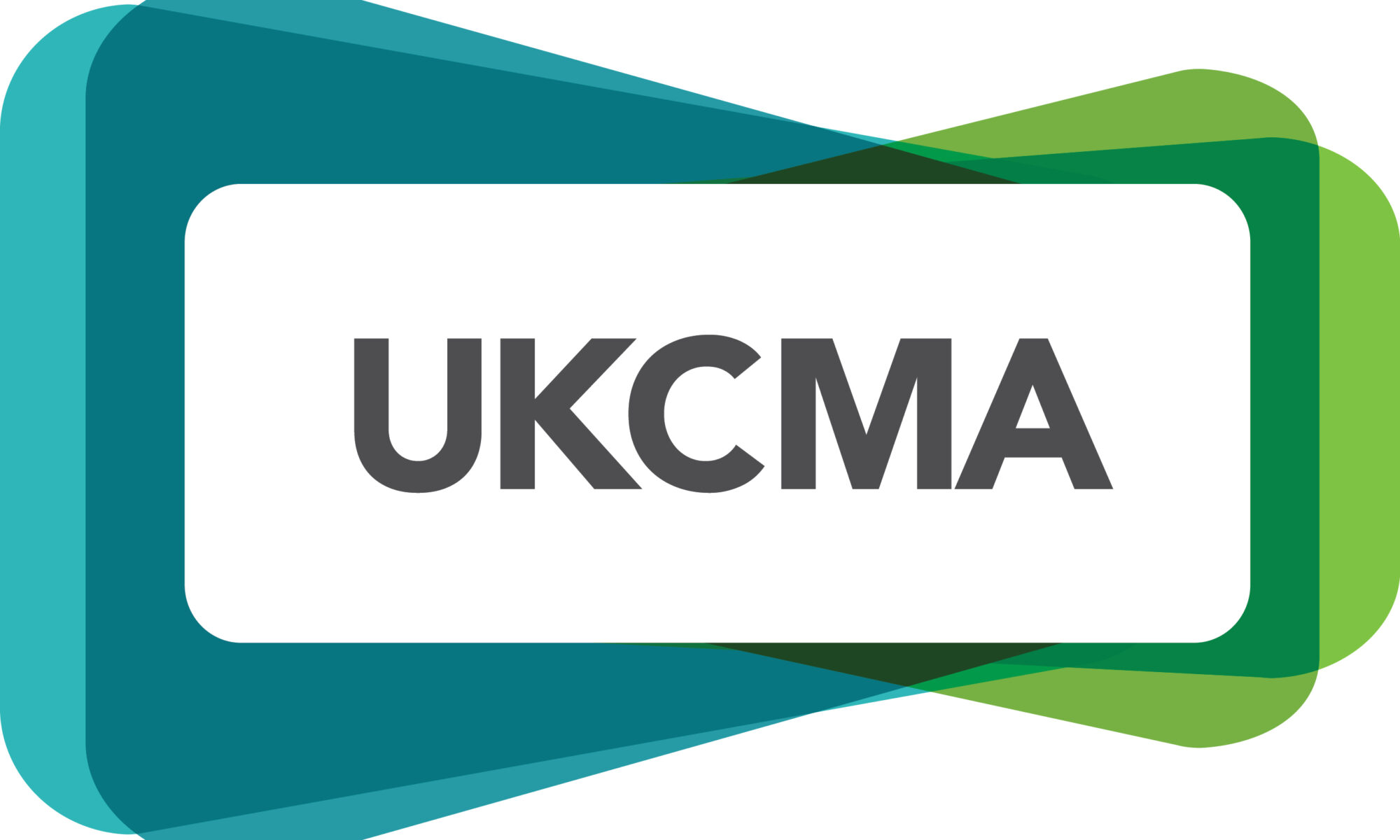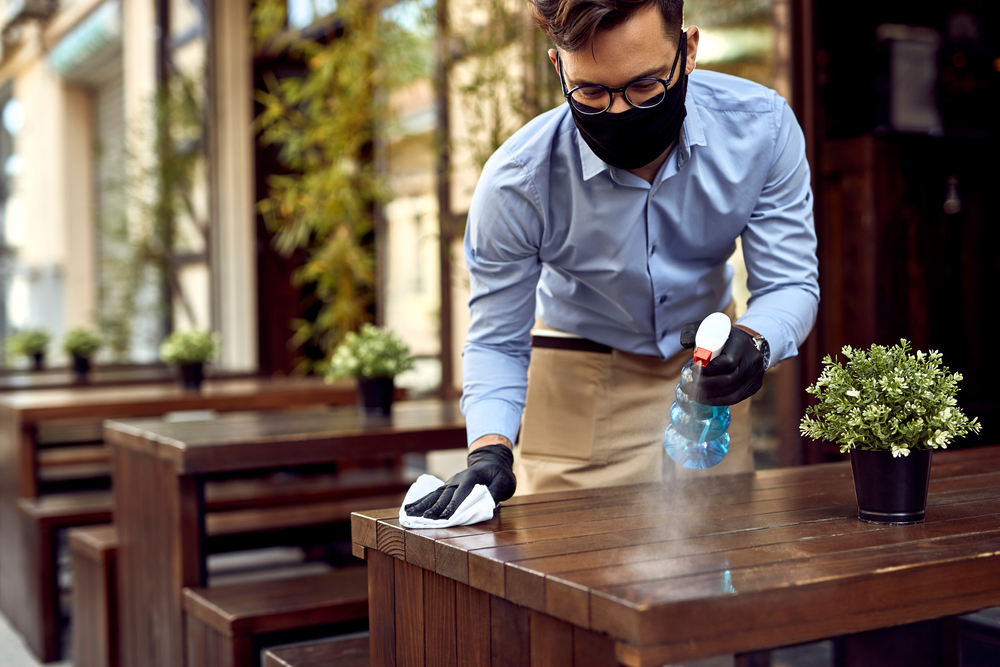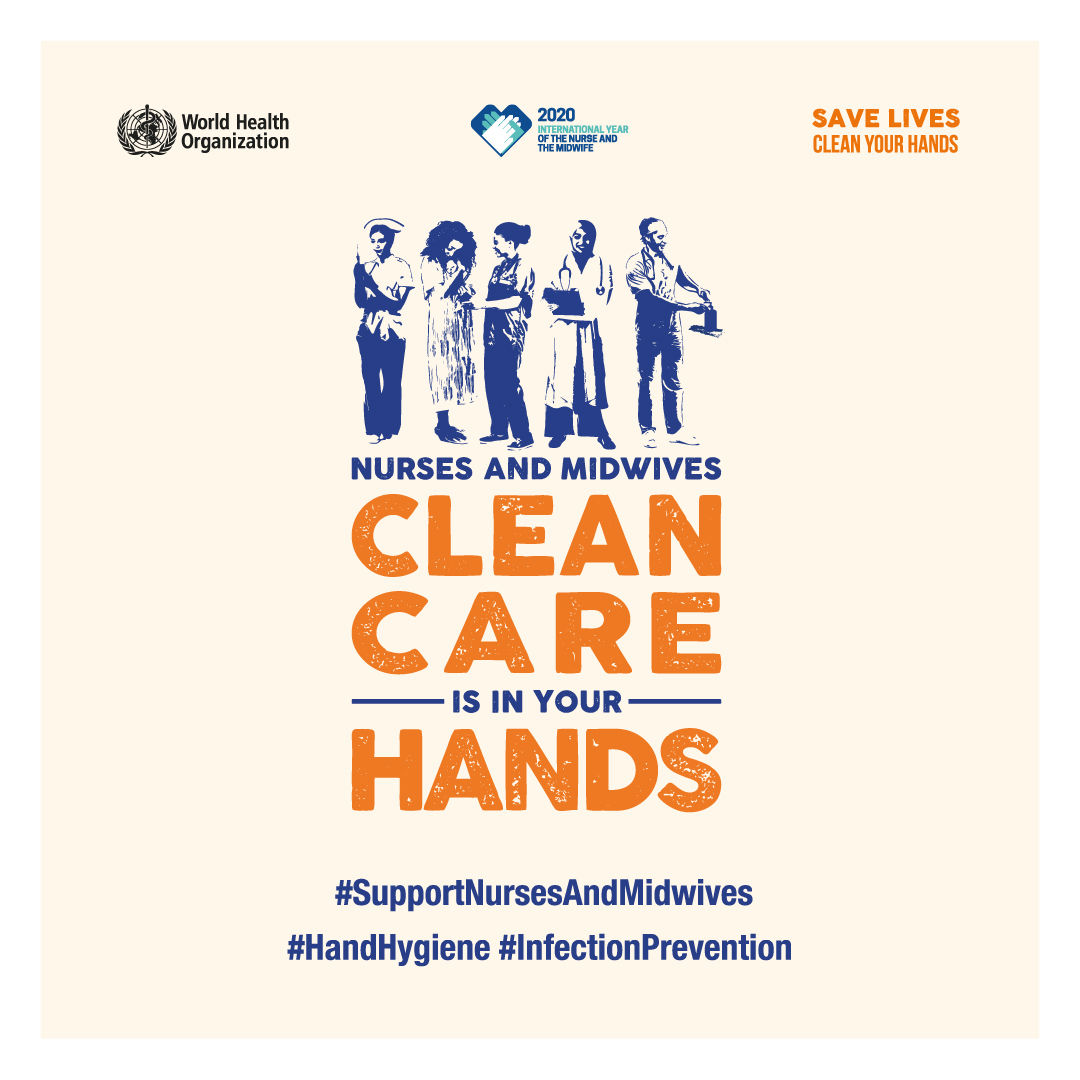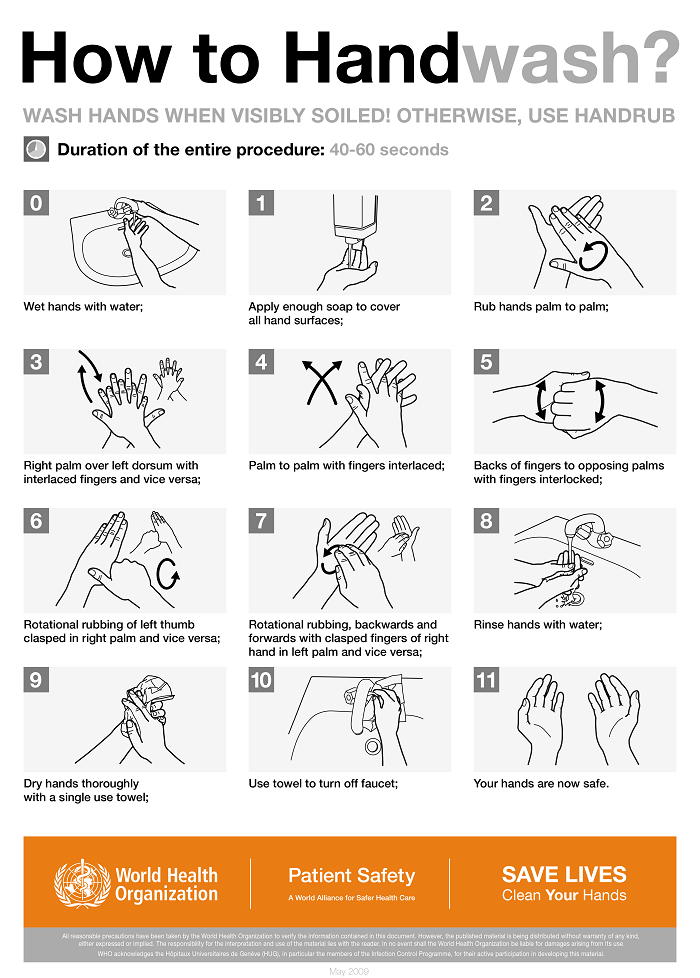Spring 2021 brings changes to Harrier’s management team. In May, Andy Smith will be travelling to the UAE applying his knowledge and experience to assist with the delivery of Expo 2020 Dubai. Meanwhile, Craig Combe will be joining the Harrier team as Health & Safety Consultant on a part time basis. Craig has worked with Harrier previously and brings his expertise in Health & Safety from event and venue operations and international Health & Safety management to the role.
While contemplating his move to Dubai Andy revealed, “I’m really looking forward to being part of a team delivering a global event. I have found working overseas provides great development opportunities with the chance to apply my knowledge and working practices. When I board the plane to Dubai, I’ll know Harrier is in good hands and fully equipped to support and deliver.”
When asked about Harrier, Craig replied, “It’s great to be joining the Harrier team, I have worked with Helen in the past and know the team makes things simple and effective. Joining a team that is progressive and all about people feels like a great fit for me.”
As part of the developments Helen McCabe will take over as Acting MD. Helen has over 15 years industry experience and is a fundamental part of Harrier. Customers and clients can expect the personal touch and putting people first to continue.
Helen is excited about the developments, “Andy is going to have a fantastic experience at Expo 2020 Dubai, back in the UK, we are taking on great skills, capabilities and a great character in Craig and I will be ensuring Harrier continues to put people first and support our clients and customers.”
Harrier goes from strength to strength, acquiring new skills from new projects, recruiting industry expertise and promoting from within. The developments outlined above will mean Harrier can continue to offer trusted and effective Health & Safety support, advice, documentation and training.

